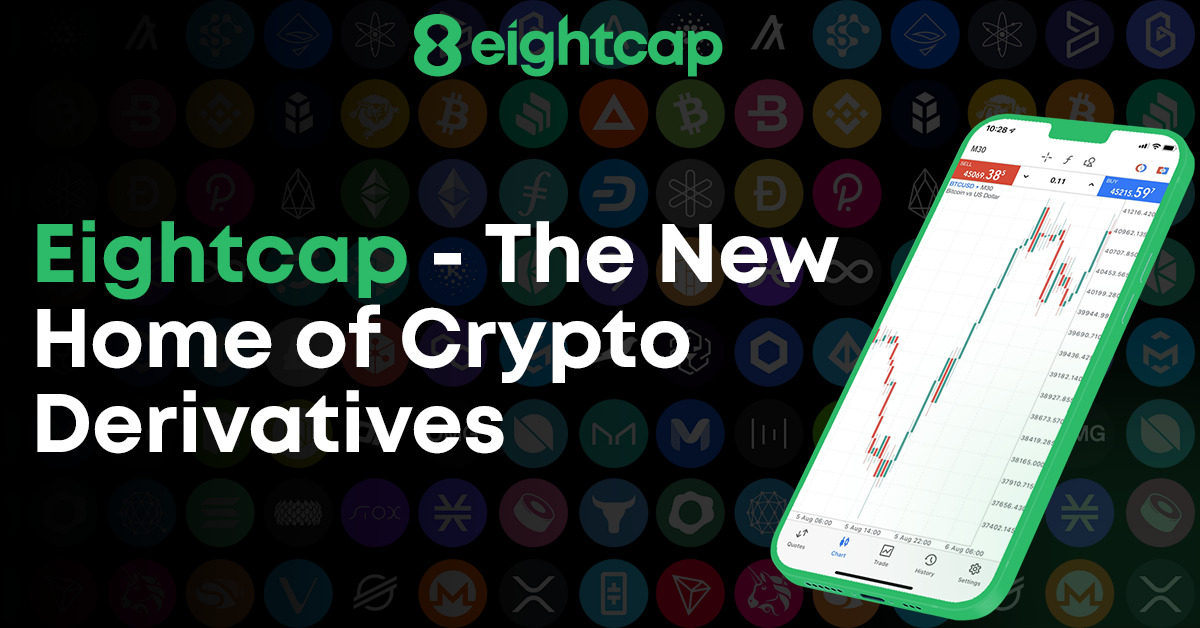Litecoin MimbleWimble January Development Update.

[ad_1]
David Burkett, the project lead for the Litecoin MimbleWimble (MW) proposal has just released his January update via blog update. The most notable inclusion discussed is the introduction of non-interactive transactions within MW, something not previously possible and a solution to a major UX hurdle, opening up more opportunities going forward.
“The biggest difficulty with using MW is the need for sender and receiver to communicate, which requires receiver to be online when sending. My proposal, along with an updated version of the write-up that will be released soon, eliminates that need. This removes a major UX hurdle, limits long-term maintenance requirements, and supports receiving via cold-storage, making hardware wallets easier to support.”
Regarding development, Burkett reports that the ‘build process has been determined’ for libmw and local build are now working. libmw is a partially redesigned version of Grin++ and the design proposed for MW within Litecoin.
“I’ve also built out a robust Database framework with transactional capabilities to support atomic updates across multiple tables, and have implemented the block database querying and updates, which is coin-agnostic, and has been partially tested using LTC-specific header and block models.”
The recent Grin++ security audit, in part paid for by Litecoin creator, Charlie Lee, has had further results, Burkett reports. These do not yet appear to have been published publicly, along with the other audits which can be found on the projects Github, although Burkett states he has ‘applied all fixes to Grin++ and libmw, and will be awaiting final review from the auditors.’
“The audit turned out to be a humbling lesson in just how complicated C++ really is. I’ve learned enormously as part of the process, and the Grin++ & libmw codebases are significantly better as a result.”
This month also saw a successful execution of a planned hardfork update on the Grin++ network. As a result it appears a handful of issues have finally been resolved including syncing issues, making this the ‘most stable release yet’. Burkett hopes this will allow him and the team to focus greater efforts and time on ‘actual development’ as opposed to putting out fires from issues raised throughout their support channels and as such, expects ‘an even faster development pace over the coming months.’
“The priority for February will be to implement the consensus rules for the LTC EB, including all validation and a full suite of tests. This is the most important part of the code, so it will be time consuming to make sure all of the details are correct, and the code has full test coverage. Once that’s complete, I will work on the API for the extension block, so we can start integrating libmw into the existing LTC codebase.”
“I will also focus on getting the new one-sided tx proposals thoroughly reviewed, and if no major security concerns are found, I will create an LIP for community feedback.”
Burkett is a publicly funded developer working on the Litecoin Core Project, all finances along with links to support his work can be found here.
[ad_2]
Source link



















